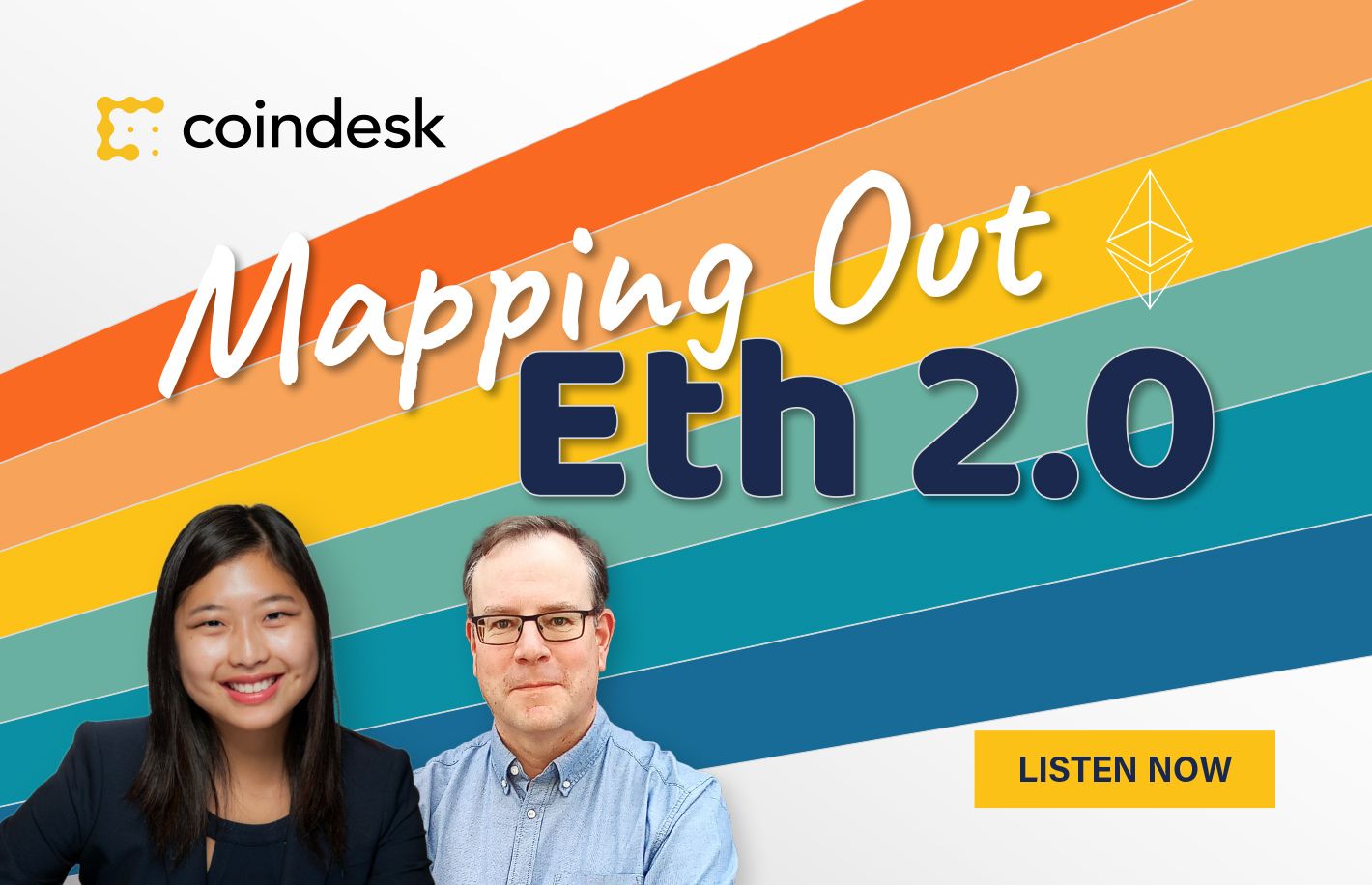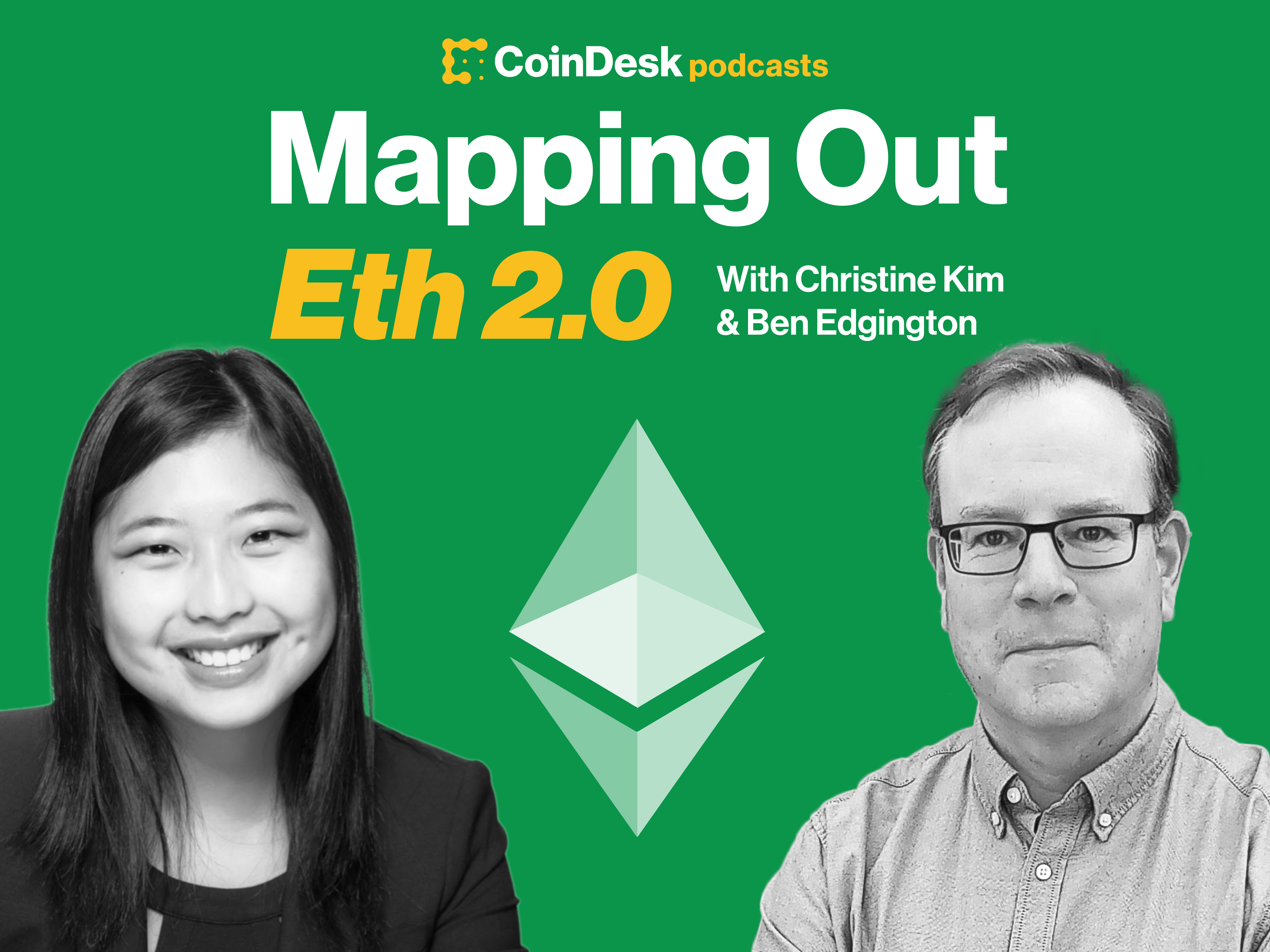In this week’s episode, Christine Kim and Ben Edgington chat with CoinDesk Senior Markets Reporter Omkar Godbole about the evolution of ether trading markets. The duo also discussed the earnings of CoinDesk’s Ethereum 2.0 validator in recent months and the ways validator reward dynamics are expected to change after the network’s first system-wide upgrade, Altair.
This episode is sponsored by Unique One Network and Mimo.
“Compared to 2017, the [ether] market has matured and we have more sophisticated players,” said Godbole. “I’m not surprised by just how fast the ether markets have grown because it’s actually the bitcoin market that first picked up the pace and now we are seeing activity flowing into ether and the [ether] options market.”
Increasingly sophisticated and deep-pocketed investors are turning to the ether derivatives markets as a way to diversify their crypto asset portfolios beyond just bitcoin, according to Godbole. In the process, certain market players are making millions.
On Tuesday, June 22, 5,000 ether options contracts representing 5,000 ether were bought out at an estimated $5.44 million through a single trade on cryptocurrency exchange Deribit. As Godbole explained, the trade was executed by a market maker who bets on both sides of the market and profits from the spread between bid and ask prices for an option.
Essentially, “they get commission for providing liquidity,” said Godbole.
This particular market maker, according to Deribit CCO Luuk Strijers who spoke with Godbole about the events of June 22, made over $3 million from the trade.
Outside of analyzing individual trades, Godbole also looks at aggregate data on trade activity in crypto derivatives markets in order to glean insights and hints about investor sentiment and broader market trends.
The put-call skew is one metric measuring the price of put options relative to calls that can signal how worried investors are feeling about further potential sell-offs in bearish market conditions.
“There is still considerable fear in both the ether and bitcoin options markets where put options are driving more demand or higher prices than calls,” said Godbole.
Kim and Edgington also discussed a drought in block rewards for CoinDesk’s Eth 2.0 validator, Zelda. It has been over two months since Zelda has proposed a block on the network, which Edgington chalks up to being simply “super unlucky.”
To listen to the full conversation between Godbole, Kim and Edgington, check out this week’s episode of Mapping Out Eth 2.0.
Links:
- Ethereum Cat Herders (https://ethereumcatherders.com/index.html)
- How One Ether Options Trader May Have Lost $3M in a trade gone bad (/markets/2021/06/23/how-one-ether-options-trader-may-have-lost-3m-in-a-trade-gone-bad/)












